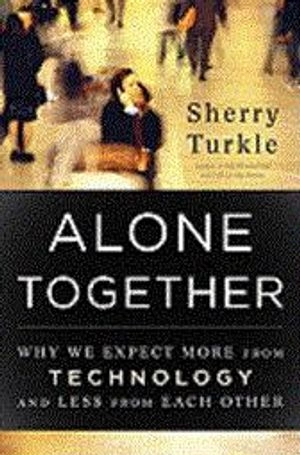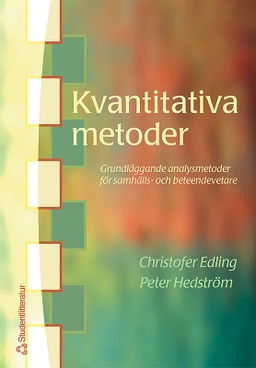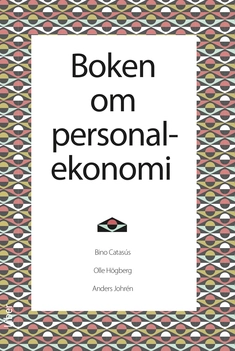Facebook. Twitter. Second Life. "Smart" phones. Robot pets. Robot lovers. Thirty years ago we asked what we would use computers for. Now the question is what we don't use them for. Now, through technology, we create, navigate and carry out our emotional lives. We shape our buildings, Winston Churchill argued, then they shape us. The same is true of our digital technologies. Technology has become the architect of our intimacies. Online, we face a moment of temptation. Drawn by the illusion of companionship without the demands of intimacy, we conduct "risk free" affairs on Second Life and confuse the scattershot postings on a Facebook wall with authentic communication. And now, we are promised "sociable robots" that will marry companionship with convenience. Technology promises to let us do anything from anywhere with anyone. But it also drains us as we try to do everything everywhere. We begin to feel overwhelmed and depleted by the lives technology makes possible. We may be free to work from anywhere, but we are also prone to being lonely everywhere. In a surprising twist, relentless connection leads to a new solitude.We turn to new technology to fill the void, but as technology ramps up, our emotional lives ramp down. Alone Together is the result of MIT technology and society specialist Sherry Turkle's nearly fifteen-year exploration of our lives on the digital terrain. Based on interviews with hundreds of children and adults, it describes new, unsettling relationships between friends, lovers, parents and children, and new instabilities in how we understand privacy and community, intimacy and solitude. It is a story of emotional dislocation, of risks taken unknowingly. But it is also a story of hope, for even in the places where digital saturation is greatest, there are people - especially the young - who are asking the hard questions about costs, about checks and balances, about returning to what is most sustaining about direct human connection. At the threshold of what Turkle calls "the robotic moment", our devices prompt us to recall that we have human purposes and, perhaps, to rediscover what they are.
Åtkomstkoder och digitalt tilläggsmaterial garanteras inte med begagnade böcker





















